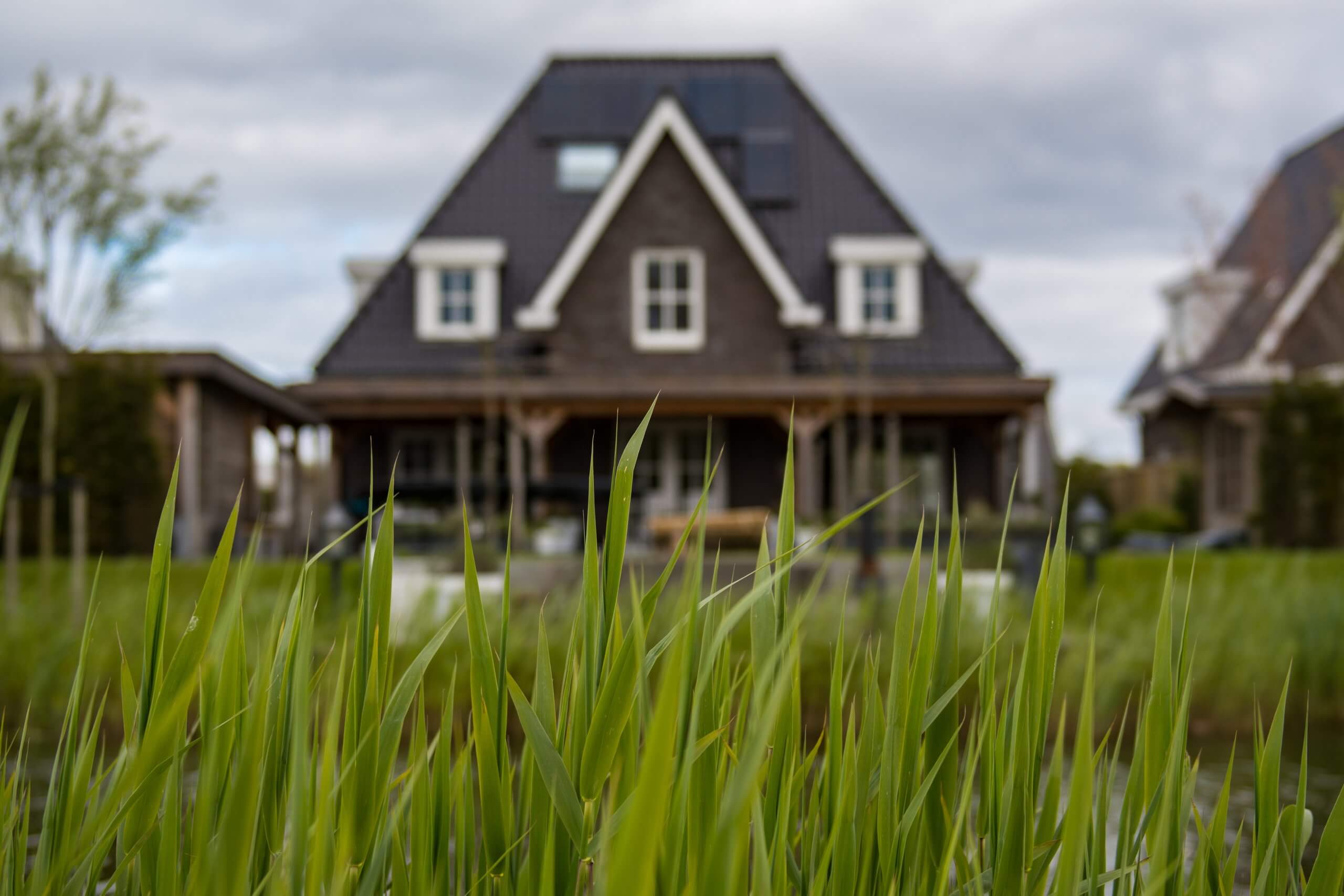This may or may not surprise you, but indoor air quality and the environment have a mutualistic relationship. What does that mean? Good indoor air quality benefits the environment, and a healthy environment benefits indoor air quality. In the spirit of protecting our health and the health of our planet, here are several eco-friendly IAQ solutions and tips!
Eco-Friendly IAQ Solutions
1. Mechanical Ventilation
Perhaps our favorite eco-friendly IAQ solution is mechanical ventilation. There are two types of mechanical ventilation systems, energy recovery ventilation (ERV) and heat recovery ventilation (HRV). In short, ERVs transfer moisture and heat from the outgoing airstream to the incoming airstream, while HRVs solely transfer heat. The best ventilation system for your home is dependent on climate.
Both ventilation systems are energy-efficient. Mechanical ventilation can recover 70-80% of the energy from the outgoing airstream and transfer it to the incoming air stream. Thus, it is a cost-effective ventilation option, especially for those who live in extreme seasonal climates.
2. Natural Ventilation
Opening windows and doors to ventilate your home will never go out of style. It is the easiest and most environmentally-friendly ventilation method to ever exist! Why? It requires absolutely zero energy. However, it’s important to be mindful of outdoor air quality when ventilating your home naturally.
3. Improve Building Airtightness
In order to prevent the infiltration and exfiltration of air, focus on airtightness. These are fancy words for uncontrolled air movement. Infiltration introduces air pollutants, unconditioned air and moisture. Exfiltration releases conditioned air. Airtightness, which includes weatherstripping, air sealing and insulation, prevents both. Air leakage increases energy usage. Increasing airtightness was the solution to the energy crisis of the 1970s. However, the unwanted consequence of this eco-conscious move is worse indoor air pollution. Therefore, it’s important to note that airtight buildings benefit from mechanical ventilation. This counteracts an airtight home’s tendency to reduce airflow and trap air pollutants.
4. Replace Air Filters Regularly
We’ve said it before, and we’ll say it again. Replace your air filter regularly in order to protect indoor air quality and save energy! A dirty air filter allows air pollutants to circulate throughout your home, and it requires your HVAC system to work harder in order to create airflow. In other words, a dirty air filter ruins indoor air quality and requires your HVAC system to use an unnecessary amount of energy.
Additionally, it’s beneficial to choose an air filter with an appropriate rating for your home. Opt for the highest-rated air filter that doesn’t place undue strain on your HVAC system. For example, most homes max out at filters with a MERV 13 rating. MERV 13 filters also benefit air quality and capture a number of air pollutants.
Furthermore, washable air filters are available for those looking to avoid the disposable type. We recommend this only for the most dedicated eco-conscious homeowner because they require routine maintenance.
 Choose A Home Air Filter: The various types of air filters and their ratings can complicate your selection process. We’ve designed a simple flowchart to help with your decision →
Choose A Home Air Filter: The various types of air filters and their ratings can complicate your selection process. We’ve designed a simple flowchart to help with your decision →Improve IAQ Naturally With Eco-Friendly IAQ Tips
In addition to ventilation and filtration upgrades, there are eco-friendly source control options that also improve indoor air quality.
1. Choose Energy-Efficient Appliances and Utilities
It’s time to replace wood-burning appliances and utilities with those that are energy efficient. Burning wood is extremely harmful to indoor and outdoor air quality. Carbon dioxide, carbon monoxide, sulfur oxides and nitrogen oxides are a few among many air pollutants released during the process. Instead of relying on these outdated products, invest in solar panels, geothermal heat pumps and electric stoves. Search for products with an ENERGY STAR label. Appliances and utilities that are ENERGY STAR certified comply with the Environmental Protection Agency’s (EPAs) strict criteria.
2. Low-VOC Building Materials
If you plan to renovate your home, there are materials available that emit little or no volatile organic compounds (VOCs). For example, there are low-VOC paints, adhesives, sealants and caulks. And, there are materials that don’t emit VOCs at all such as stone, ceramic, glass and concrete. Choosing these types of materials ensures that fewer VOCs are emitted during the renovation process. This is beneficial for indoor and outdoor air quality.
3. Leave Shoes Outside
You would be surprised at the amount of air pollutants that stick to the bottom of your shoes. When you wear your shoes indoors, those air pollutants have the opportunity to circulate indoors. Taking your shoes off before you step inside is a simple way to protect indoor air quality without causing harm to the environment.
4. Beeswax Candles
Candles are notoriously harmful for indoor air quality and the environment. They release VOCs, soot and other air pollutants. Fortunately, there are different types of candles that are better for indoor air quality and the environment. For example, beeswax candles are not chemically processed and they do not contribute to deforestation (unlike soy candles).
5. Natural Cleaning Products
For most homeowners, the smell of Clorox is associated with a clean, germ-free home. It’s also associated with poor indoor air quality and environmental harm. Many cleaning products on the market contain and emit harmful chemicals. And, when these products are rinsed down the sink they contribute to poor water quality which threatens aquatic life. Fortunately, there are third-party organizations such as Green Seal that help homeowners identify safer and more eco-friendly cleaning products.
Sustainable Ways To Improve Indoor Air Quality
Protecting indoor air quality and the environment might sound like a job too big for any one individual. And that’s true. However, there are steps that each of us can take to improve indoor air quality and reduce environmental harm. That’s why we created this helpful list of eco-friendly IAQ solutions and tips for residential and commercial building owners looking to step up their game.




